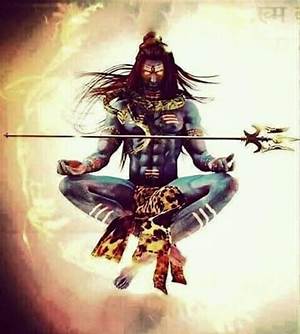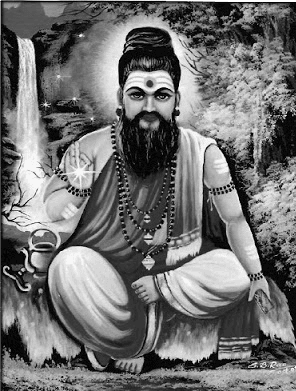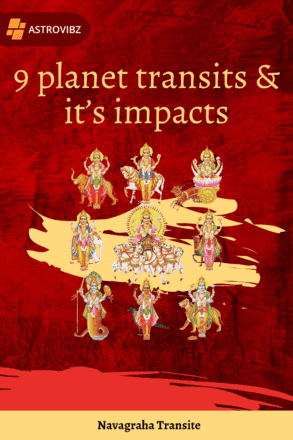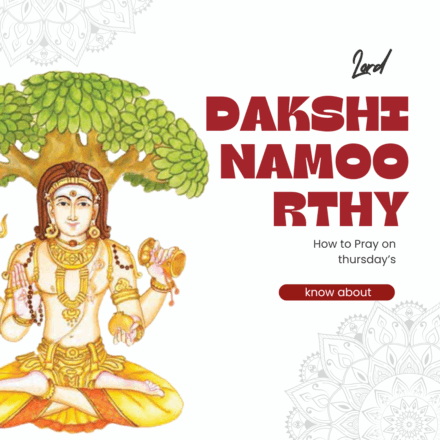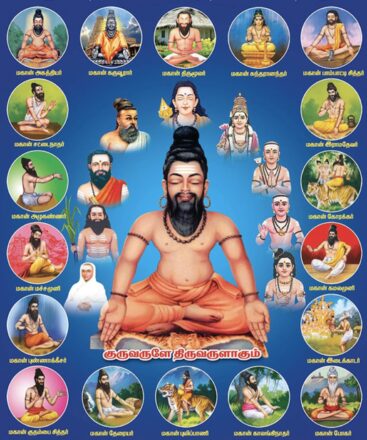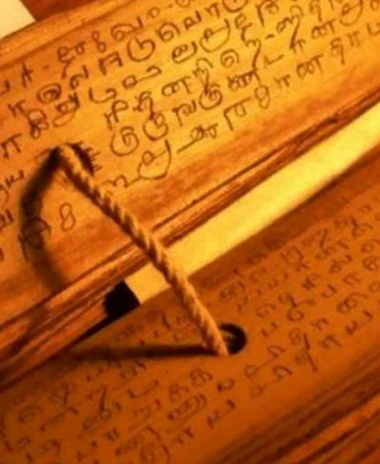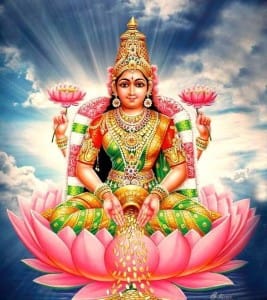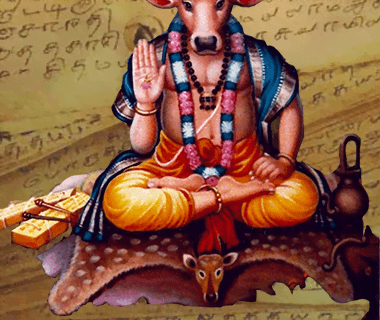Saptarishi in South Indian Tradition: The Seven Eternal Sages of Wisdom
Saptarishi in South Indian Tradition The Saptarishi, or the Seven Great Sages, hold a divine and revered position in Hindu tradition. They are considered the enlightened seers, entrusted with the responsibility of preserving dharma, imparting knowledge, and guiding humanity through different Yugas (epochs). While their mention is widespread in Vedic texts, Puranas, and epics like […]

